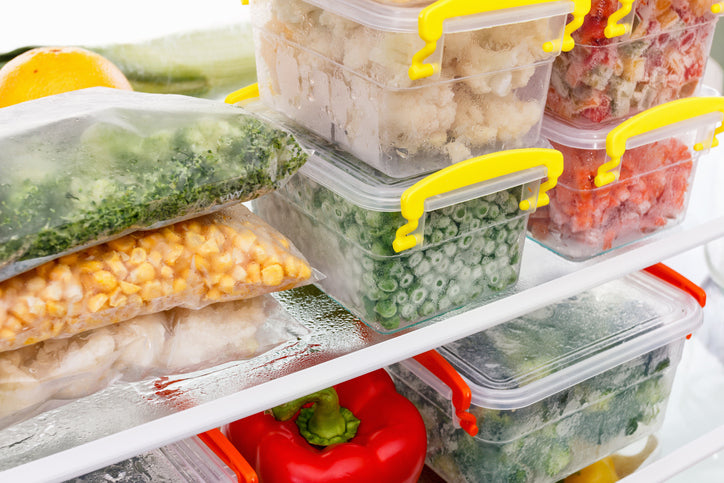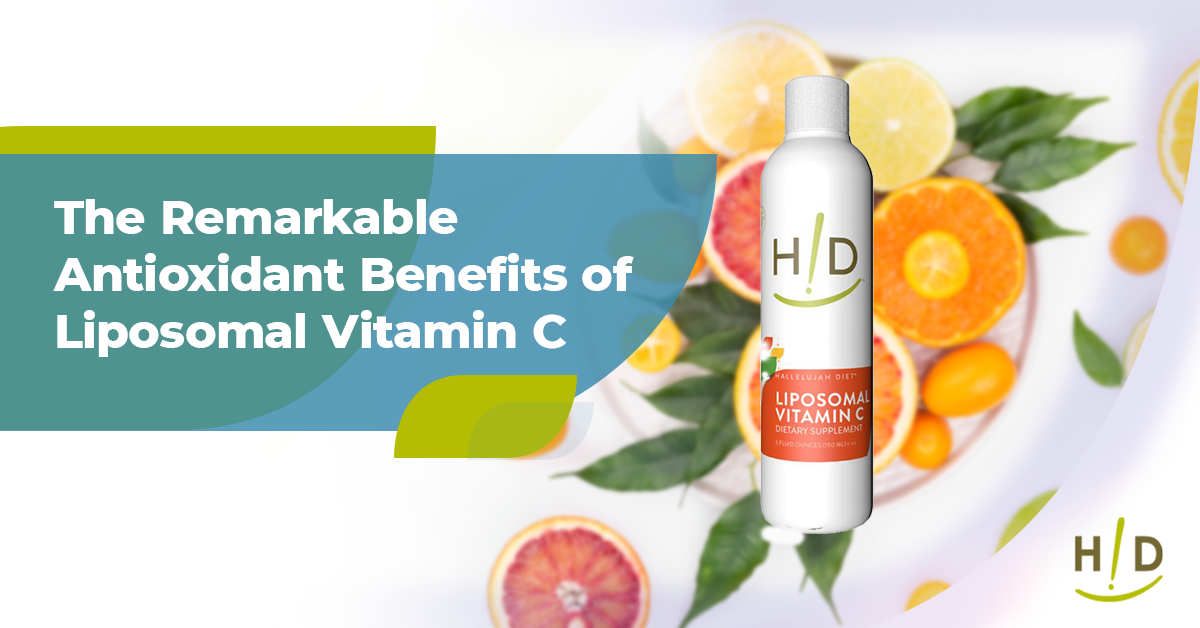We've all shared this struggle at some point in our path to eating better—how to store your raw, fresh, pure vegetables and fruits properly to keep them fresh and help save a little cash. It's relatively more straightforward when it comes to fermented or certain organic, non-GMO, canned goods. But when you're dedicated to juicing and trying to ensure you get your daily nutrient-packed natural produce, storage and keeping everything fresh can be a bit overwhelming at first.
You might be asking yourself where to store dehydrated crackers or whether you can freeze a delightful raw soup recipe you found. All of these are great questions!
You'll probably want to keep any lightly cooked food separate from your raw food as well, to avoid cross-contamination of harmful bacteria growth and to ensure you can find everything you need while it remains crisp and fresh. Whether you're new to the The Hallelujah Diet or have been with us for years, we're happy to share with you some of the best practices for storing raw food.
Let us help you with these tips, tricks, and practices.
Smoothies and Raw Soups
In the case of your smoothies, skip trying to store them. You may have learned the hard way, or you may be new to creating delicious raw food smoothies, but either way, it is best to drink them as soon as they are made. When you store a smoothie in the fridge, it will lose both flavor and consistency over time.
In the case of your favorite raw soup you've just made, it's also best to avoid storing it in a refrigerator as well. Don't store it in the blender or a container in the fridge if there are leftovers or you don't plan to serve and eat it immediately. If you find yourself with leftover raw food soups, store it straight away in a freezer where it will keep for up to 6 weeks.
Leafy Greens, Salads, and Prepared Produce
Salads
If you like to pre-mix your salads before serving, make sure you store them in the fridge without any dressing. Some of you may be familiar with what happens when you decide to keep a bit of leftover salad in the refrigerator. You think perhaps you can eat it later that evening or bring it to work with you the next day. When you open your storage container, you're faced with a soggy, slimy, wilted less-than-appetizing mess.
More specifically, the acids found in some dressings will cause greens to wilt rapidly. Vinegar or citrus juices will begin to break down the cell structure of the leaves, releasing trapped water in the greens, which is what causes your salad to go soggy with dressing on it.
So what do you do to keep your salads fresh, dry, and crispy?
- Only dress as much salad as you will eat immediately before eating.
- Store your dressing in a separate container from the salad greens.
- When chopping greens for a salad, pull them apart with fingers instead of chopping them. There's a considerable risk of bruising your greens and vegetables when using a knife. Your greens and veggies will store and hold up longer by pulling them apart.
- When prepping in advance, skip adding high-water content veggies into the greens. Keep foods like tomatoes, oranges, cucumbers, pears, cantaloupes, strawberries, mushrooms, and apples separate and only mix them in the portion of salad you plan to eat immediately. These high water content foods will get mushy and can cause your salad to get mushy too.
- If you don't have one, get a salad spinner or ensure your greens are thoroughly dried after washing. Wet greens will wilt and begin to turn much faster than thoroughly dry greens.
Prepared Produce
By "prepared," we mean vegetables that you've washed, dried, peeled, and cut up for later use. Pre-prepping your produce is an excellent way to reduce your meal prep time, but if not stored properly, you might find your produce wilted, dried out, or mushy.
So how do we keep our prepared produce fresh longer?
The Fridge Hierarchy:
- Ready to eat cut and prepared foods on the top shelf.
- Fresh fruits or vegetables that are not pre-prepped or cut go on the middle shelf.
Tips and Tricks for Prepared Produce:
- Hard vegetables like carrots, celery, and potatoes, after being cut, can be stored and kept fresh longer by placing them in water. Ensure the water is fresh, clean, and cool, and change it out every few days for prolonged fresh-keeping. Water will even work to keep a avocado green and cut apples from turning brown.
- Did you know that a bit of lemon juice can prevent apples and avocados from browning? There are even products on the market that use citric acid to preserve the fruit's appearance, but there's no need to get them. You can do the same thing by tossing fresh fruit with a little lemon or lime juice.
- An airtight container plus a few paper towels is one of the best ways to store your greens. Even after washing and thoroughly drying them, you should add a few paper towels in to keep the moisture that naturally builds wicked away, keeping your produce snappy and tasting like they were just picked.
Prepared Raw Foods
Where do you store a prepared raw food meal or leftovers, and how long?
- Nut-based spreads, dressings, and pastes will store well in the fridge for three days.
- Dehydrated savory foods can be stored in the freezer. Keeping dehydrated items in the fridge will slowly rehydrate them, so place them in the freezer in airtight containers or airtight bags and freeze. You can grab what you like and eat straight from the freezer or let it sit on the counter for 5-10 minutes. However, don't keep anything dehydrated longer than two years in the freezer.
- Raw Food Desserts can also be stored in the freezer, especially if the recipe calls for fruit-based pastes or things like coconut oil, and can be kept for up to two weeks.
We hope this answers a few of your questions about the best practices for storing raw food!






